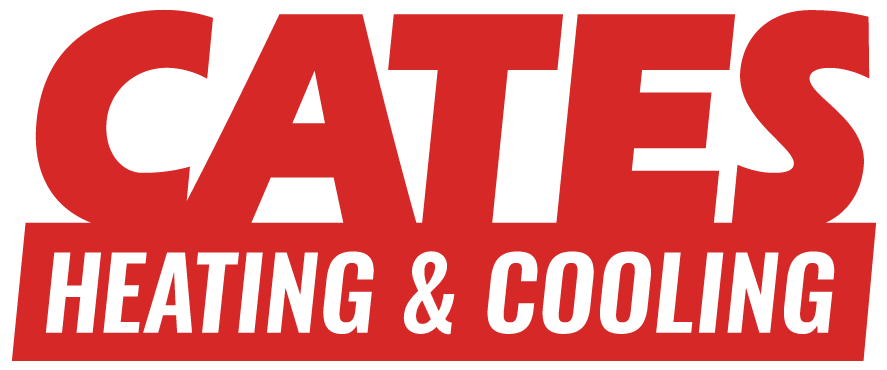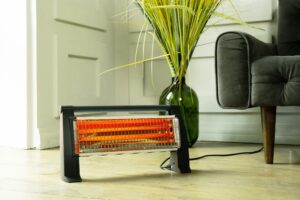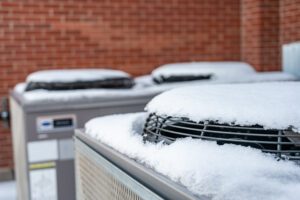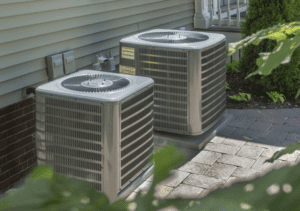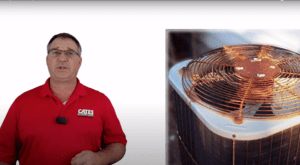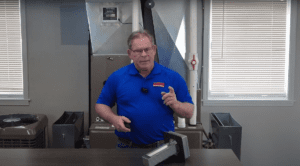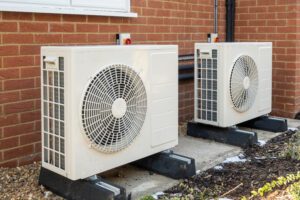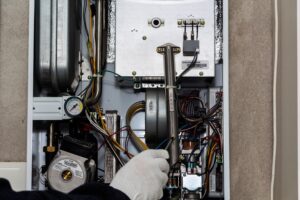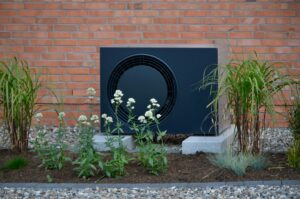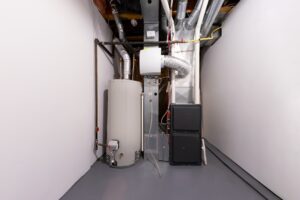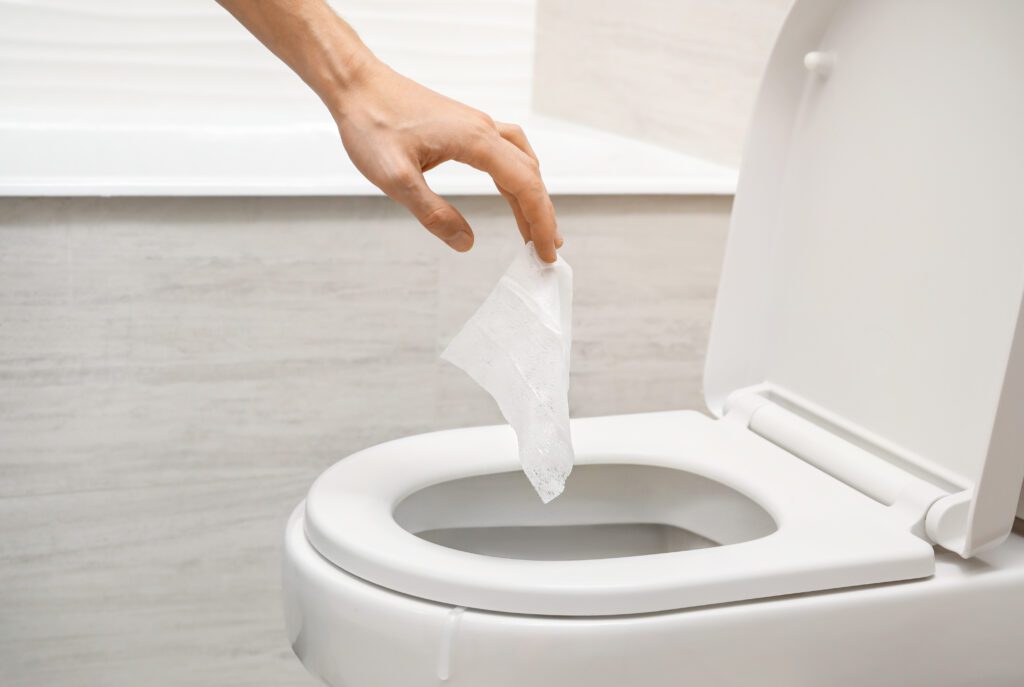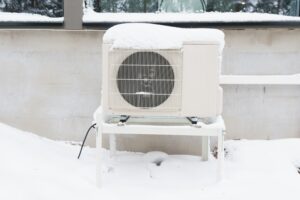Flushable wipes may be a necessary part of your bathroom routine. But what happens when these bad boys are actually flushed down the toilet? If the packaging markets the wipes as flushable, then they should be safe to flush, right? Well, not quite.
Ironically, flushable wipes are actually known for creating quite the mess. Flushing these regularly down the toilet can potentially clog your sewer line, causing a much bigger plumbing problem than you would expect. To avoid this toilet catastrophe, it’s best to know the true facts about flushable wipes before putting them down the drain.
Are Flushable Wipes Okay for Septic Systems?
The short answer: no. Like other non-septic-safe items, “flushable” wipes are not made to effectively move through a sewage system. This is why flushable wipes should probably not be flushed, even if it’s advertised that they can be.
While flushable wipes are likely to make it through the curved part of your toilet’s drain, they can get stuck in the drainpipe and take a lot longer to disintegrate than is preferable. This can quickly cause the drain to clog, which could turn into an expensive plumbing repair.
Unlike toilet paper, which is made to dissolve quickly when wet, flushable wipes hold themselves together better when they are heavily saturated. This is because the materials of these wipes are usually mixed with other synthetic materials, like polyester or other plastics, that don’t break down as quickly or as easily when wet. If there isn’t enough water to push these wipes through the sewer line, they will likely block the pipe and create a sewer backup that would require a plumber to repair.
What Kind of Damage Can Flushable Wipes Cause?
Flushable wipes can cause damage to pipes, sewer systems, and residential homes if sewer backups occur. Because these wipes don’t disintegrate very quickly, they can easily clog sewer lines and cause other damage, which we will discuss below.
Septic Tanks
Flushable wipes may block pipes and create a backup, causing flooding in your home. If your home has its own septic system, your tanks may need to be pumped more often if you flush wet wipes down the toilet. Water backups from your septic system may get into other lateral fields, causing more damage and potentially leading to higher maintenance costs.
Sewage Pump
Backups in your sewage system due to flushable wipes will cause your sewage pump to work harder than it needs to, potentially burning out the pump. If your pump doesn’t have a battery backup or the battery is dead, your home can be flooded with sewage and wastewater.
City Sewer Connections
Many homeowners may not know that the main sewer line that attaches your home to the city sewer is not usually covered under standard homeowner’s insurance plans. Therefore, if this connection were to backup or burst, the homeowner could be financially responsible for the out-of-pocket cost of repairs.
This main sewer connection can become clogged with non-flushable items, such as feminine products, paper towels, thick toilet paper, dental floss, toilet cleaning pads, and wet wipes. Large buildups of these types of products can eventually lead to blockages, and repairs for this sort of plumbing catastrophe can be incredibly expensive—and, not to mention, incredibly gross to clean up.
Sewage Treatment Plants
Even if your flushable wipes make it through the sewer pipes, they can still create massive backups in the pumps at sewage treatment centers. This may cause catastrophic damage to the city’s entire sewer system, meaning that several households can be affected by sewage backups and water shortages.
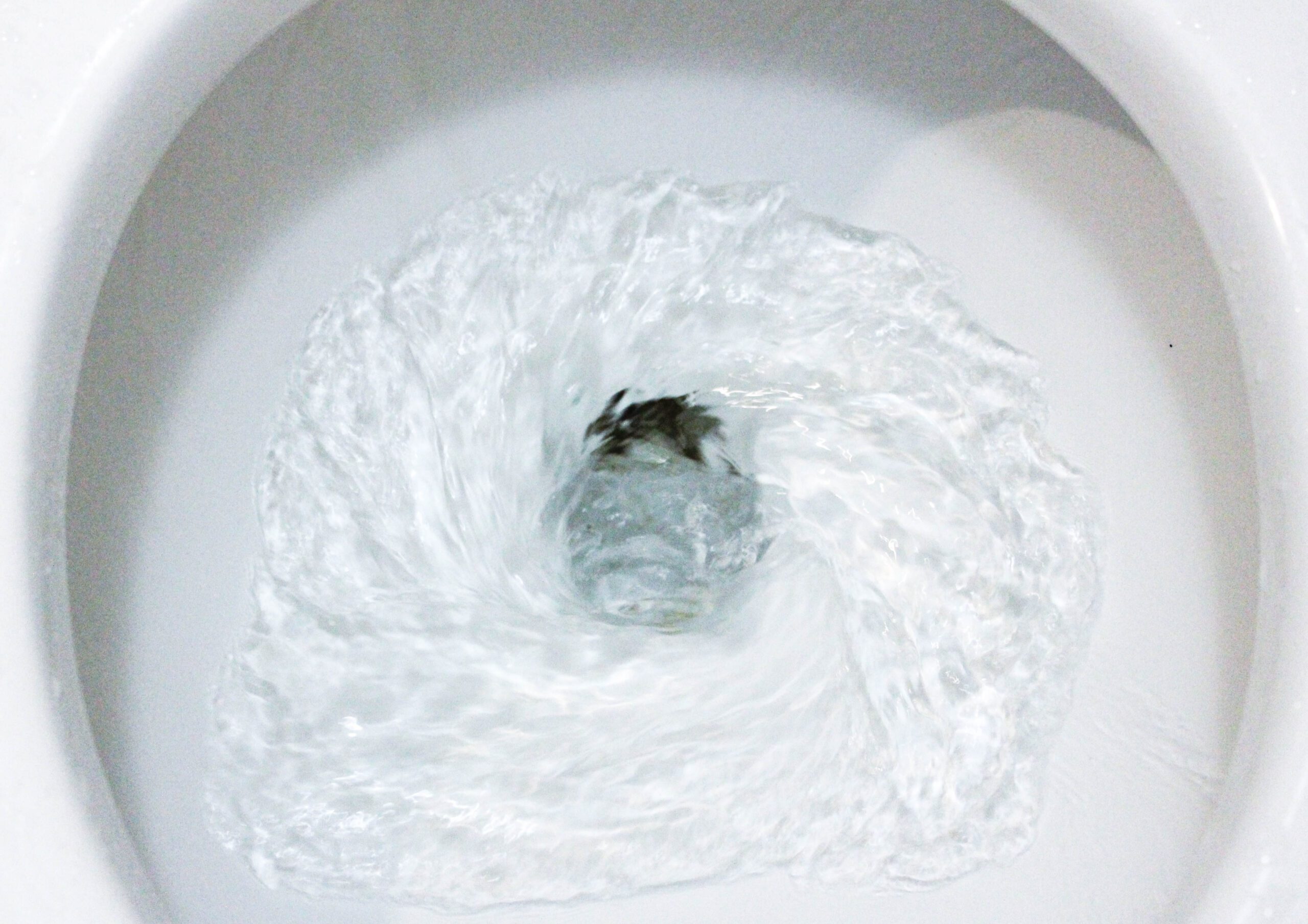
Why Are These Products Labeled Flushable?
Before 2015, if companies tested any of their “flushable” products before releasing them to the public, they would most likely fail a flushability test. This is because companies who manufacture these flushable wipes haven’t been restricted on how they label products, therefore marketing these wipes as “flushable” even if it’s not necessarily true.
More recently, however, policy and legal efforts by the Federal Trade Commission (FTC) have been made to change this practice. Companies like Nice-Pak Products, Inc., who sell their flushable wet wipes in stores including Costco, CVS, and Target, are now making efforts to create wet wipes that are plant-based, biodegradable, and can break down more quickly if they are flushed down the toilet.
How Can You Safely Dispose of Flushable Wipes?
You may be asking yourself, “If flushable wipes are not flushable, what am I supposed to do with them?” Since these wet wipes take longer to break down, it’s safer to throw them away rather than flushing them down the toilet to avoid any plumbing emergency.
Ideally, to keep your home’s plumbing running smoothly, toilet paper and human waste are the only things that should go down the toilet. If using flushable wipes, it’s best to throw them away in the garbage, especially in a separate receptacle from other trash cans that has a lid. Additionally, flushable wipes are typically not recyclable, so it’s usually preferred to place them in a trash can.
If you’re worried about your sewer system backing up from flushing wet wipes in the past, it’s best to have your home’s system inspected by a professional plumber as soon as possible. Our plumbing technicians at Cates Heating and Cooling are here for you and your home’s plumbing needs. Give us a call at 913-888-4470 for Kansas residents and 816-944-1844 for Missouri residents.
